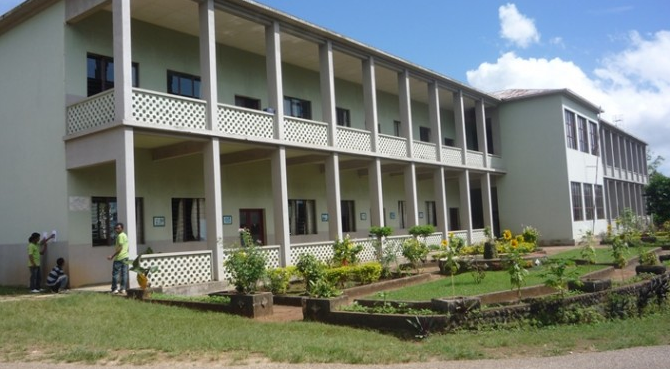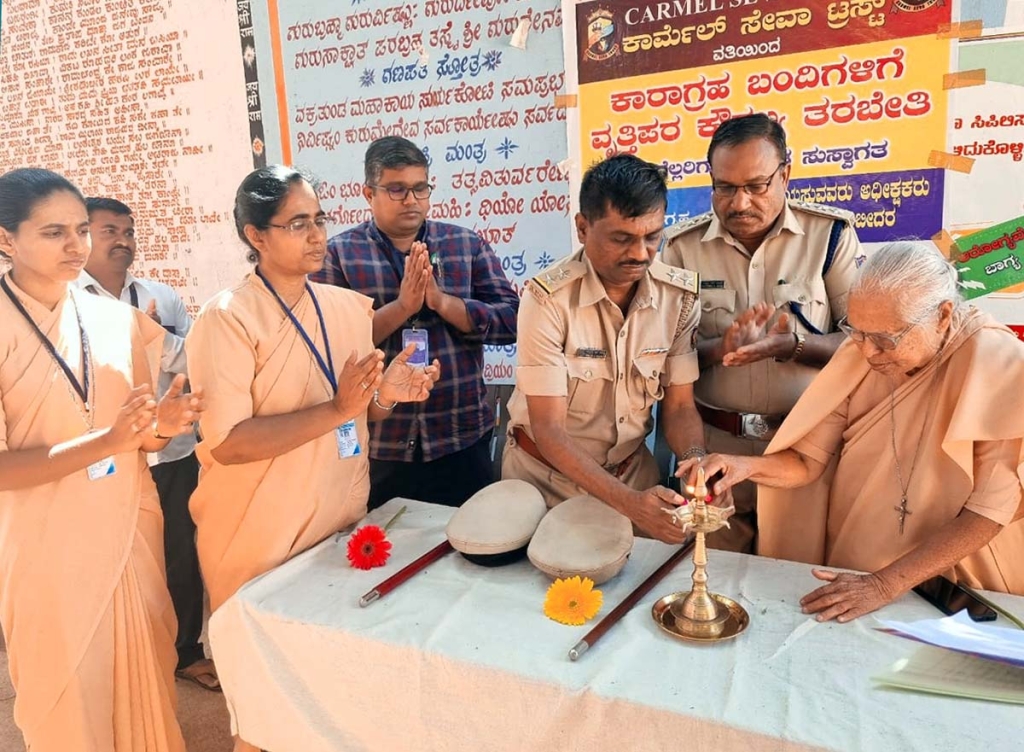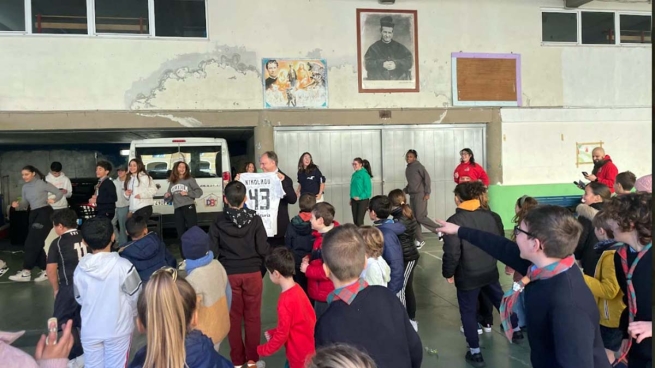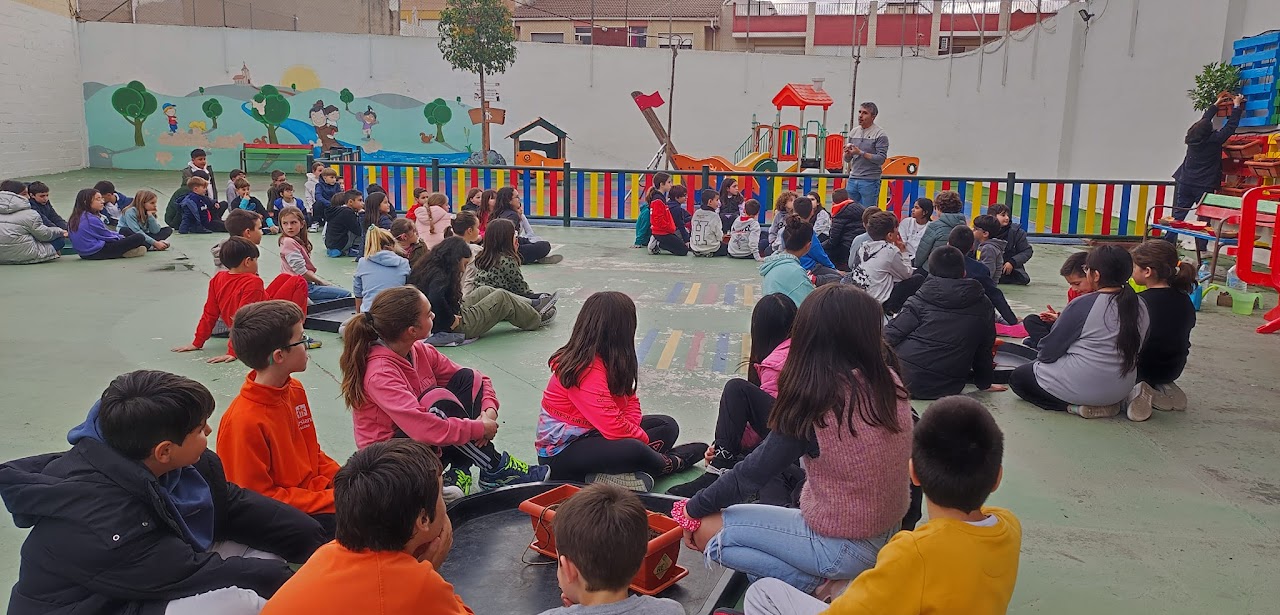EAST TIMOR: Don Bosco Technical School Provides Students Hands-on Broadcasting Education and Experience

(MissionNewswire) The Don Bosco Technical School in Fatumaca, East Timor provides vocational education that helps youth gain an education and prepare for the future. More than 250 students, 11 percent of whom are girls, attend the school taking three-year courses in carpentry, mechanics and electronics.
The technical school is part of the broader Salesian complex of Don Bosco Fatumaca, which provides diversified services and educational programs to best fit the emerging needs of its students. The complex also offers a primary and secondary school for young students from local villages and a successful agriculture school with programs that reach 15 of the surrounding villages. Poor youth are able to access a range of offerings at Don Bosco Fatumaca including health services, nutrition, education and general support services which help students prepare for an independent future. The schools also offers room and board for students who need on-campus housing.
“Salesian programs are so successful in part because they remain flexible and diversified to meet of the needs of their students,” says Father Mark Hyde, executive director of Salesian Missions, the U.S. development arm of the Salesians of Don Bosco. “Being an integral part of the communities in which they work, Salesian missionaires are aware of local needs first-hand and are then able to develop programs to directly address those needs.”
More than five years ago, Tony Jurd, an electronics engineer who spends several weeks at the school each year, worked with the technical school students to set up an FM radio station in the school. Today, the radio station operates for a few hours each day and is very popular in villages that are up to 50 km away. In addition to providing information on health and other matters, the radio station broadcasts segments responding to local music requests.
In 2013, with the help of Jurd, the school developed an electronics project that included the creation of a television station that broadcasts to surrounding villages. The station was fully operational at the end of 2014 and has now garnered a great deal of interest and enthusiasm from both teachers and students. Transmitting to a radius of about 30 km, the television programs include locally produced Tetum material, educational sessions and local information. The students have installed secondhand television sets enabling the surrounding villages to receive the broadcasts.
As part of the project, students are trained to operate and maintain the television transmission unit as well as to build and install antennas. Managed entirely by teachers and students, the television and radio stations provide electronics students with hands-on broadcasting and facilities operating experience and up-to-date training opportunities for future employment in the media.
“Salesians in East Timor are engaging in a wide range of programs to improve the lives of poor youth and their families following years of war,” adds Fr. Hyde. “The television and radio projects are helping students learn new skills and preparing them for employment in a sought-after field.”
East Timor is home to 1.1 million people and according to the United Nations Development Program Human Development Index, the country ranked 133 out of 188 for life expectancy, access to education and standard of living in 2015. The World Bank estimates that East Timor has close to 49 percent of its population living in poverty with over one-third of the population regularly experiencing food shortages. In addition, close to 50 percent of the population is illiterate.
Salesians in East Timor have been providing programs to help residents recover and rebuild in the wake of a devastating civil war in the country that claimed countless lives, decimated entire communities and resulted in living conditions that are among the worst in the world. Now that the violence has subsided, efforts are being focused on helping the poor, restoring hope and providing new opportunities for the future.
###
Sources:
Don Bosco Technical School Fatumaca
World Bank – East Timor/ Timor-Leste




